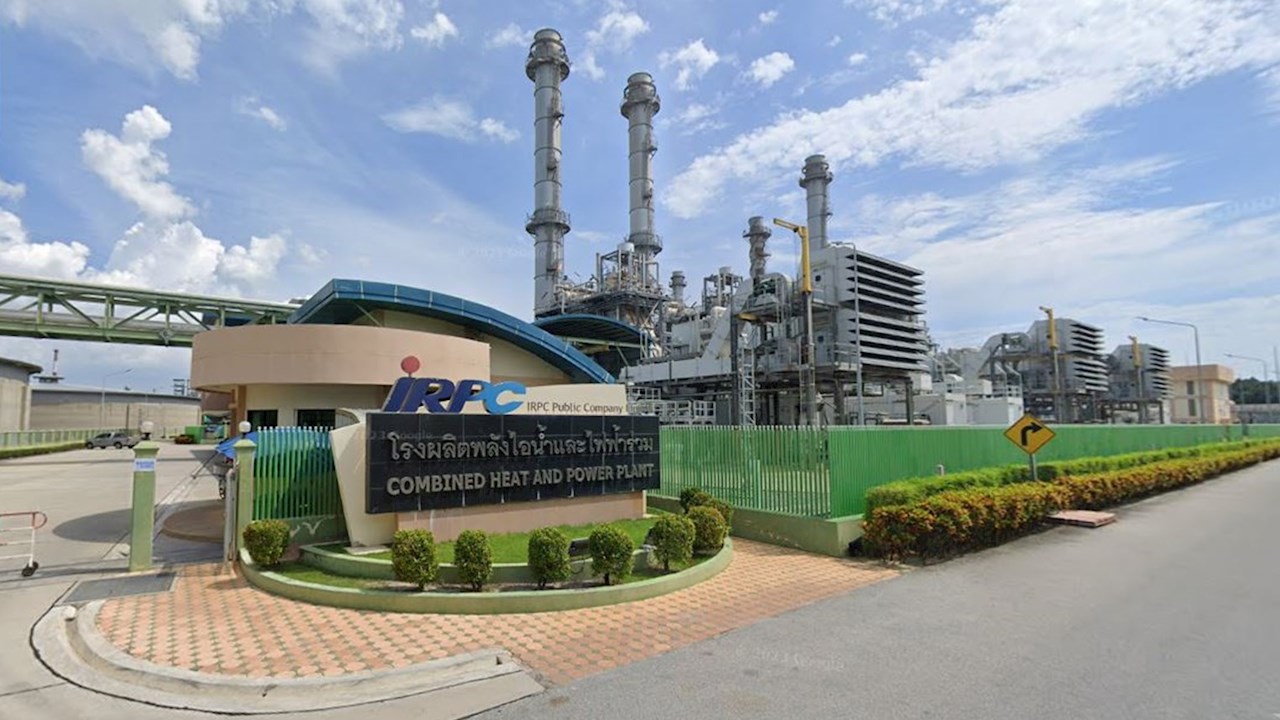The implementation of the ABB APC Steam and Energy Optimization software showcased the reduction of steam pressure variability up to 50 percent for the high-pressure steam header and the reduction of steam consumption or import.
ABB and Integrated Refinery & Petrochemical Complex (IRPC) teamed up to enhance efficiency, operational stability and better process safety of the IRPC Cogeneration Plants through the adoption of ABB APC Steam and Energy Optimization part of OPTIMAX® product suite. IRPC operates a combined heat and power plant, which uses natural gas as fuel, and a 307 MW power plant. Together with the generation capacity of the power plant of IRPC Clean Power Co. Ltd. (IRPC-CP), the total capacity will rise to approximately 430 MW. The power plant is controlled by the Power Dispatching Center to regulate the distribution of electricity and steam for maximum stability, complete with Loop Line transmission system to ensure uninterrupted power even in the event of contingency.
IRPC and ABB have built a long-standing partnership. Over the years, ABB has supported IRPC through various projects including the installation and upgrade of the Compact Human Machine Interface (HMI) and the ABB Ability™ System 800xA® Distributed Control System (DCS). These solutions have been key to ensuring the reliable operation of IRPC’s facilities. The most recent collaboration on the ABB APC Steam and Energy Optimization project marks another successful milestone in this ongoing partnership.
With the ABB APC Steam and Energy Optimization, IRPC has significantly improved steam pressure stability across its high, intermediate, and low-pressure steam headers – including up to a 50 percent reduction in pressure variability on the high-pressure steam header. This has enhanced process reliability, reduced disturbances to the refinery process units, optimized power export, and enabled more responsive, efficient steam distribution to meet internal consumers changing demands.
By adopting advanced digital solutions, industry players in Thailand can improve sustainability, operational efficiency, and support the transition to more autonomous systems. Monitoring key assets and performance metrics helps enhance network protection and ensure reliable plant operations. Furthermore, energy efficiency has long been a key focus in Thailand’s national energy strategy, reflected in the country’s new energy plan, which aims to promote the use of renewable energy and reduce CO2 emissions.
“We are proud of our long and strong partnership with IRPC, built on mutual trust and collaboration. This foundation has enabled us to deliver impactful results through this initiative, helping IRPC achieve their operational goals,” said Chatuporn Wanichsooksombat, Director of the Process Automation business, ABB Thailand. “It is crucial for Thailand, which has a solid plan for energy efficiency, to adopt such advanced technology in the facilities to drive optimization and long-term performance.”
The petrochemical industry has the potential to make substantial impacts for decarbonization in Thailand by supporting the implementation of advanced technologies to improve energy efficiency and optimize the process that can significantly reduce energy consumption and emissions. Collaboration between the public-private sector is also the key to identify and address the challenges specific to the petrochemical industry and help it play a bigger role in supporting the country’s goals of carbon neutrality by 2050 and net-zero emissions by 2065.
